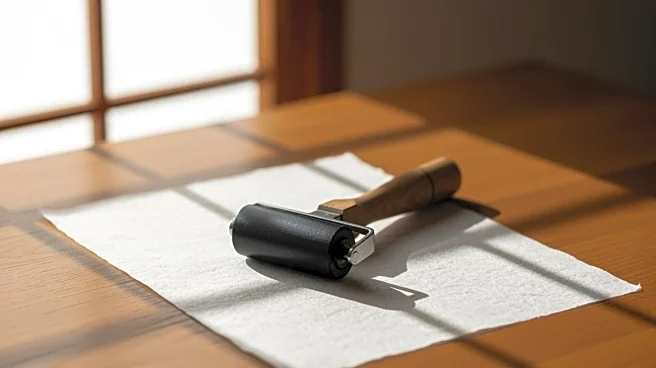What's Happening?
Bryan Kohberger, convicted of murdering four University of Idaho students, has been ordered by an Idaho state judge to reimburse the families of two victims for the cost of their urns. Kohberger had previously struck a plea deal to avoid the death penalty,
agreeing to pay over $30,000 in restitution. However, his attorneys argued he lacks the funds to cover additional costs. The judge ruled that Kohberger could raise money through donations or prison employment. Kohberger has already received nearly $29,000 in donations, primarily from family members, since his arrest.
Why It's Important?
The ruling underscores the financial and emotional burdens faced by the families of murder victims. It highlights the legal system's efforts to hold perpetrators accountable for the financial impact of their crimes. The case has drawn national attention due to the nature of the crime and the subsequent manhunt, reflecting societal concerns about violent crime and justice. The decision also raises questions about the ability of convicted individuals to fulfill restitution obligations, particularly when relying on donations and prison employment.
What's Next?
Kohberger may continue to receive donations, potentially enabling him to meet his financial obligations over time. The case may prompt discussions on the adequacy of restitution systems and the support available to victims' families. Legal experts and advocacy groups may explore ways to ensure that restitution is effectively enforced and that families receive the compensation they are entitled to.
Beyond the Headlines
The case highlights broader issues related to the criminal justice system, including the challenges of balancing punishment with rehabilitation and restitution. It also raises ethical questions about the role of public donations in supporting convicted individuals and the impact on victims' families.















